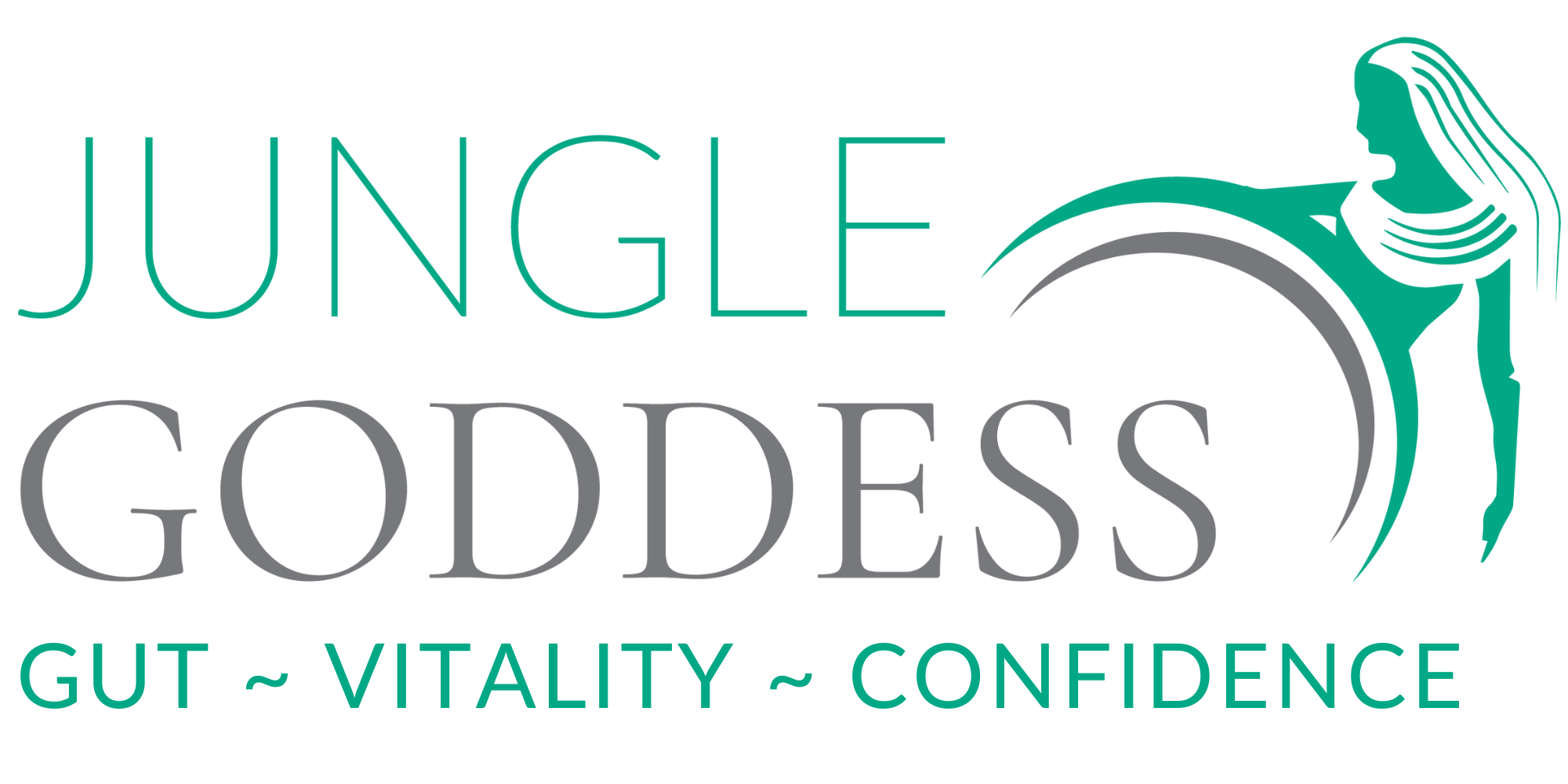A Cultural Shift: When Did Stress Become Normal?
In today’s fast-paced world, stress has become a socially accepted norm. For many people, especially professionals, stress must be endured. Clients often say, “Yes, I’m stressed, but there’s nothing I can do about it.” This mindset has created a culture where stress is seen as unavoidable, but we fail to recognise how stress affects digestion and its long-term impact on our mental and physical health.
The Rise of the ‘Mental Health Crisis’
While living in the jungle of Costa Rica, I missed the steady rise in workplace expectations and the normalisation of stress. I remember my experiences from 2007 while climbing the corporate IT ladder. There wasn’t much conversation about mental health back then. We worked harder, pushed through, and accepted the consequences.
Yes, I fought against challenging expectations, but it was the pressure I placed on myself, rather than workplace demands, that ultimately caused a severe flare-up of Crohn’s disease. My body couldn’t keep up with the pace of my own expectations, which forced me to rethink my path.
Since returning to Western life, I’ve seen a shift. Today, stress stems more from external sources like workplace expectations, and people feel powerless to push back. I’m pleased that mental health is finally being recognised as an important issue, but we need to do more than label it. We must address the root causes of stress and regain the power to change our lives. Unfortunately, many of my clients seem to have lost their voice—they don’t speak up, they don’t change their situation, and they remain trapped. They’ve come to accept stress as an inevitable part of life, saying, “That’s just how it is.”
But what if that’s not true? What if you can change your situation?
Your Gut Health Guide
Nikkie Windsor UKIHCA-RHC
Certified Nutritionist / Health Coach / Breathwork Coach
With over 35 years of living with Crohn’s disease, Nikkie brings personal insight and professional expertise to her work as a Gut Health Nutritionist. She helps professionals regain their energy, reduce gut-related symptoms, and thrive in their careers using holistic, personalised approaches.




A Cultural Shift: When Did Stress Become Normal?
In today’s fast-paced world, stress has become a socially accepted norm. For many people, especially professionals, stress must be endured. Clients often say, “Yes, I’m stressed, but there’s nothing I can do about it.” This mindset has created a culture where stress is seen as unavoidable, but we fail to recognise how stress affects digestion and its long-term impact on our mental and physical health.
The Rise of the ‘Mental Health Crisis’
While living in the jungle of Costa Rica, I missed the steady rise in workplace expectations and the normalisation of stress. I remember my experiences from 2007 while climbing the corporate IT ladder. There wasn’t much conversation about mental health back then. We worked harder, pushed through, and accepted the consequences.
Yes, I fought against challenging expectations, but it was the pressure I placed on myself, rather than workplace demands, that ultimately caused a severe flare-up of Crohn’s disease. My body couldn’t keep up with the pace of my own expectations, which forced me to rethink my path.
Since returning to Western life, I’ve seen a shift. Today, stress stems more from external sources like workplace expectations, and people feel powerless to push back. I’m pleased that mental health is finally being recognised as an important issue, but we need to do more than label it. We must address the root causes of stress and regain the power to change our lives. Unfortunately, many of my clients seem to have lost their voice—they don’t speak up, they don’t change their situation, and they remain trapped. They’ve come to accept stress as an inevitable part of life, saying, “That’s just how it is.”
But what if that’s not true? What if you can change your situation?
Chronic Stress and Its Impact on Your Health
Stress doesn’t just weigh on your mind—it affects your entire body, especially your gut. The gut-brain axis links your mental state directly to your digestive health. High stress levels can worsen issues like bloating, constipation, diarrhoea, and chronic conditions like IBS.

For years, I lived this reality. The stress I placed on myself compounded my Crohn’s disease until I was too ill to work. I became housebound, fearing unpredictable bowel movements and constant pain. But once I gave myself space to heal, my health began to recover.
I tell my clients this: stress isn’t just mental—it affects your whole body, especially your gut. When your gut is out of balance, it adds to the emotional and physical burden you’re already carrying. However, too few people take the connection between stress and digestion seriously.
Reclaiming Control: You Have More Power Than You Think
The fear of consequences keeps many people stuck in high-stress situations. They think, “What if I push back and lose my job? What if I make a change and everything goes wrong?”
But I want you to ask yourself: What’s the cost of not taking action?
How Long Can You Keep Giving More of Yourself Without Receiving Anything in Return?
How Long Can You Stay in a Job That’s Burning You Out or a Relationship That’s Draining Your Energy?
You have more control over your circumstances than you realise, but it requires you to take that first step. And yes, it can be scary. However, the cost of staying in a toxic situation is often far greater than the risk of making a change.
I get it. Walking away from the security of a successful career to travel the world was scary. However, in hindsight, it was one of the best decisions I’ve ever made.
I’ve learned that taking risks and stepping outside my comfort zone has led to some of my life’s most rewarding and transformative moments.
But you don’t need to wait until you reach a breaking point. You don’t have to live with chronic stress or let it control your life. You have the power to set boundaries, make decisions that support your mental and physical health, and take back control before stress overwhelms you.
Practical Steps to Take Back Control
- Challenge Expectations: If the demands at work or in your personal life are unrealistic, speak up. Set boundaries and let others know when something isn’t manageable. You might be surprised at how much flexibility you can create for yourself.
- Prioritise Your Health: Your gut and mental health are interconnected. Take small steps toward a healthier diet, consistent movement, and practices like breathwork that help manage stress.
- Take Risks: It’s easy to stay in a comfortable but stressful situation because the fear of the unknown is overwhelming. But what if things could go right? What if taking a risk could lead to a better, healthier, happier you?

We Need a Cultural Shift
While personal change is essential, more than one person must stand up and set boundaries. We need to care more as a society. Mental health must be more than just a label or acknowledgment of a problem. We must address the root causes of stress and create environments that support people during difficult times.
It’s not just about surviving—it’s about creating space for people to recover and thrive.
We need to build a culture that prioritises mental well-being, where asking for help is not a sign of weakness and where setting boundaries is respected.
By addressing the real issues behind chronic stress and offering genuine support, we can help individuals reclaim their power and live healthier, more fulfilling lives.
Every decision has consequences, and things may not always go as planned. However, staying in a harmful situation often does more damage than taking the risk to change.
Remember, you always have a choice. The key is to recognise it, reclaim your power, and make decisions that lead to a healthier, more fulfilling life.
I’d love to hear from you! Leave a comment on the blog post with your thoughts, questions, or personal experiences, and let’s keep the conversation going.
Your Gut Health Guide
Your Gut Health Guide
Nikkie Windsor UKIHCA-RHC
Certified Nutritionist, Health Coach & Breathwork Coach
With over 35 years of living with Crohn’s disease, Nikkie brings personal insight and professional expertise to her work as a Gut Health Nutritionist. She helps professionals regain their energy, reduce gut-related symptoms, and thrive in their careers using holistic, personalised approaches.




Are You Ready to Change Your Gut Story?
You don’t have to manage this alone. Take the first step to feeling better today.




